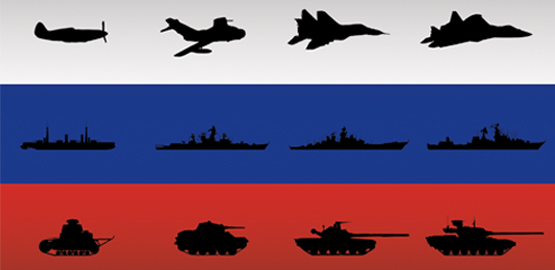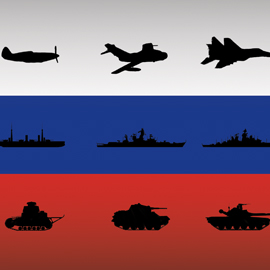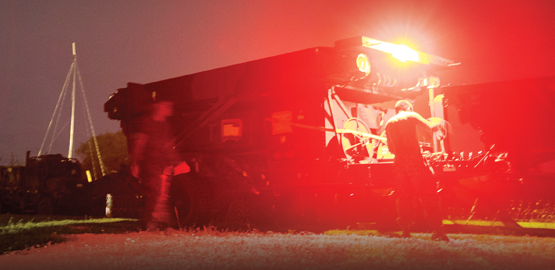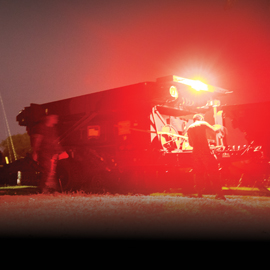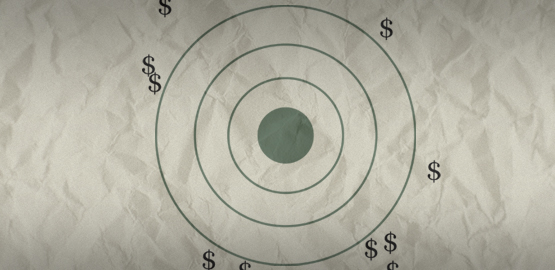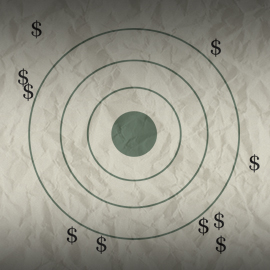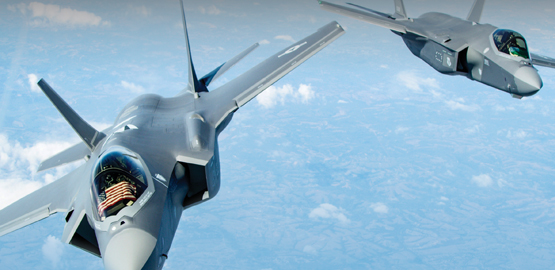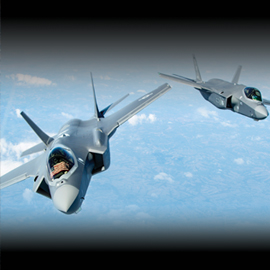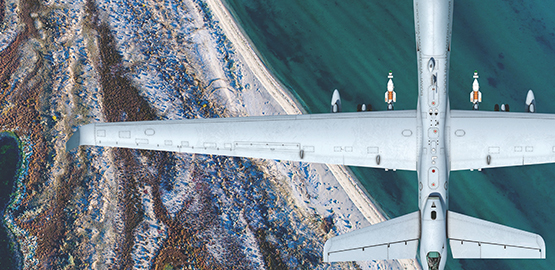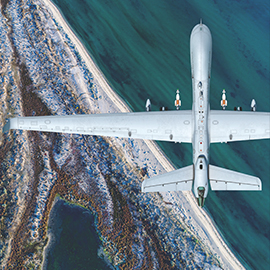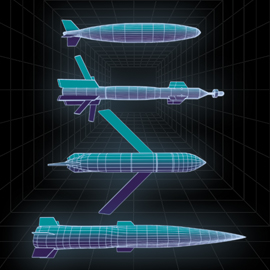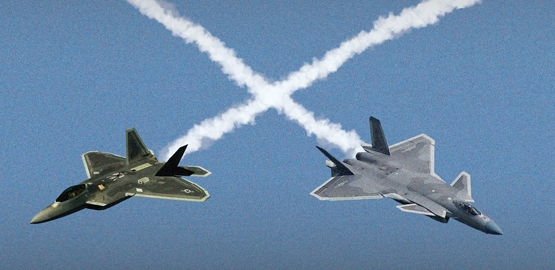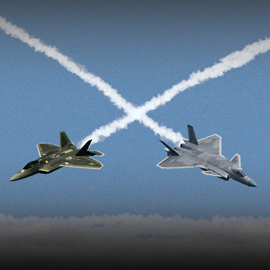News
Army Races To Rebuild Short-Range Air Defense: New Lasers, Vehicles, Units
But another speaker, retired colonel turned thinktanker David Johnson, downplayed the risk of friendly fire. Given how well enemy air defenses may keep our aircraft out, Johnson said, “frankly, in early stages of some of these conflicts, you won’t have to worry about shooting down blue air. It won’t be there.”
How many people would die in a war between the US and Russia?
Beyond conventional warfare, US think tank strategists are discussing what it would take to “win” a nuclear war. The Center for Strategic and Budgetary Assessments (CSBA) recently put out a 140-page report, “Preserving the Balance: A US Eurasia Defense Strategy,” which discusses this issue in detail.
Is the Age of the Submarine Over?
How can the silent service stay in tune with the times? First and foremost, by acknowledging the danger posed by foreign navies toting gee-whiz gadgetry. Clark hints at how hard adapting to more transparent seas could prove: “unless U.S. forces adapt to and lead the new competition, the era of unrivaled U.S. undersea dominance could draw to a surprisingly abrupt close.” That’s a grim prognosis in itself. Abrupt change begets major traumas in big institutions like navies. It’s hard to get ahead of the process.
Panel to Senate: Moving U.S. Forces Forward Key to Deterring Russia, China
Bryan Clark, a senior fellow at the Center for Strategic and Budgetary Assessments said — using the seizure of Crimea as an example — sending forces in later “would look like we’re trying to change the facts on the ground.” This makes the response look like an act of aggression. “We’re going to have to prevent those things [from happening] in the first place,” he said
Defense Experts Caution Lawmakers About US Ability to Fight and Win Wars
Predictable opposition scenarios, such as a Chinese invasion of Taiwan or Russian incursions into the Baltics, could happen so quickly that the United States would be forced to attack and dislodge units as a first response, said Bryan Clark, a senior fellow for the Washington-based Center for Strategic and Budgetary Assessments.
Achilles Heel of Army Air & Missile Defense: The Network
“We’ve been talking in every other meeting I’m going to about how networks are being degraded… but we’re going to rely on this exquisite network to do air defense,” David Johnson, a retired colonel, thinktank scholar, and top advisor to former Army Chief of Staff Ray Odierno, told an Association of the US Army conference last week. “The question I ask is, what is the backup?”








